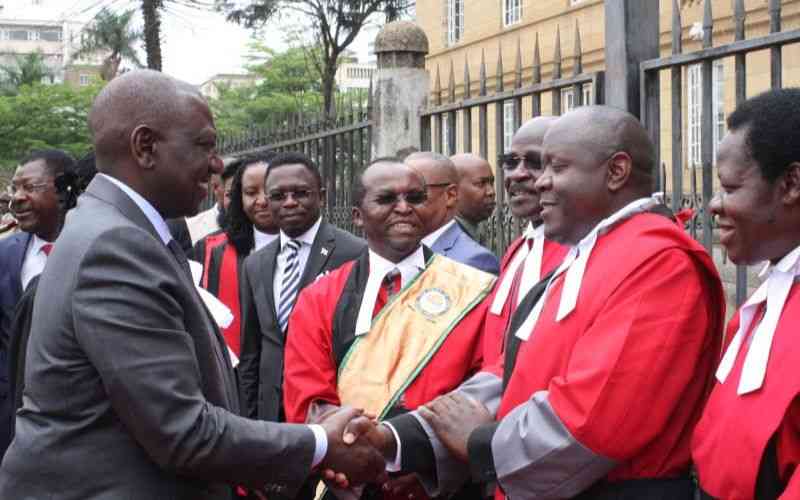×
The Standard e-Paper
Fearless, Trusted News

A Nairobi court has cut short the joy of loggers and saw millers after reversing President William Ruto's order allowing the cutting down of trees.
On July 2, the President, speaking in Molo, Nakuru County, issued a directive that abolished the law that had prohibited tree-cutting and was heavily criticised "for allowing people to prioritize business interests over environmental concerns".